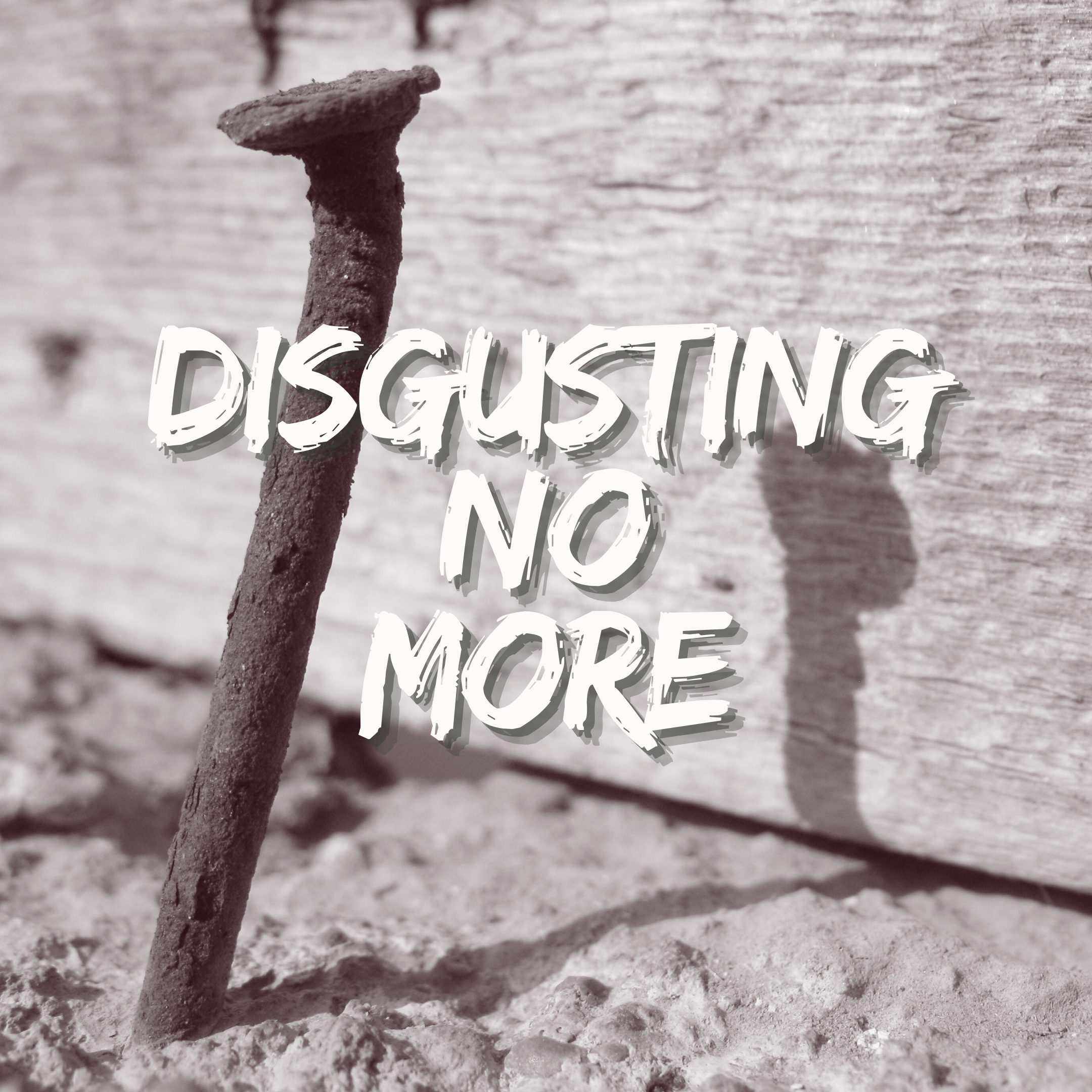Have You Ever Looked in the Mirror and Not Liked What You Saw?
Not just disappointment. Not just regret. But real, gut-wrenching disgust.
Maybe it was something you did.
Maybe it was something done to you.
Maybe it was just a slow accumulation of failures, insecurities, and inner voices whispering, You’re ruined.
I know that feeling well.
For years, I carried an invisible wound—a rusted, corroded railroad spike buried deep in my chest. It wasn’t physical, but I felt it. A weight pressing into me, a pain that wouldn’t go away.
I thought if I hated myself enough, I could fix what was wrong. But all I found was more pain.
I didn’t know it at the time, but I wasn’t the only one who had ever felt this way.Over two thousand years ago, a woman stood in the center of a crowd, fully exposed, every failure on display for the world to see.
And her story changed everything.
Shame on Display: The Woman Caught in Adultery
She had been dragged into the open. Thrown at the feet of men holding stones.
“Now the scribes and the Pharisees brought a woman caught in the act of adultery, and after placing her in the center of the courtyard…” (John 8:3, NASB)
Her worst moment—laid bare. She wasn’t just accused. She was discarded.
And I wonder… What if your worst failure was thrown into the center of the room? What if every mistake, every regret, every hidden part of yourself was exposed to the world?
We like to think we’d be strong. But most of us would crumble.
We’d want to disappear.
We’d believe, I am what I’ve done. I can’t come back from this.
I had never stood in a courtyard like hers.
But I knew what it felt like to believe I was too broken to be redeemed.
The Rusted Spike: My Own Condemnation
Three years of leading a ministry in Detroit had left me exhausted. I had given everything I had. And it still hadn’t felt like enough. So I drove to a Christian retreat center in Ashland, Ohio, hoping for something—anything—that might help me heal.
But healing didn’t come.
The days blurred together. Mornings spent walking alone in the snow. Afternoons in counseling sessions where I could barely find the words to speak. Nights staring at the ceiling, feeling like a fraud, a failure, a man too far gone.
Then, one afternoon, I saw it.
Not physically, but in my mind’s eye—a rusted railroad spike, its edges corroded, driven deep into my chest.
I could feel it. The weight of it. The pain of it. The infection spreading outward.
And across from me, in a boat, Jesus sat. Watching. Silent. He wasn’t angry. He wasn’t disappointed. But his sadness unsettled me.
It was the look of someone who knew something I didn’t.
Why won’t You take this? I wanted to scream.
But the scream didn’t stay inside.
I stormed down to the river, fists clenched, breath ragged. The cold air burned my throat as I let it out. Everything. Every frustration. Every unanswered question. Every ache I had stuffed down for years.
I had never been angry at God before. But now? I was furious.
I had given Him everything. My time. My energy. My heart. And still, I felt broken. Still, this wound festered inside me.
“Why won’t you fix this?” I shouted into the emptiness. The wind swallowed my words. The water rippled, unimpressed. And then the question I didn’t want to ask—”Who put this here?“
The answer snuck up on me like blindside blitz.
I did.
Every whispered insult I spoke over myself.
Every time I convinced myself I was unlovable, unworthy, disgusting.
Every belief that if I hated myself enough, I could change.
I thought self-hatred would make me better.
I thought if I saw my flaws first, I could fix them.
But it hadn’t worked.
It had only poisoned me.
Dropping the Stones: What Jesus Did Next
The men in the crowd were holding their stones, ready to crush the woman under the weight of her own failure.
They demanded Jesus make a judgment.
“When they persisted in asking Him, He straightened up and said to them,
‘He who is without sin among you, let him be the first to throw a stone at her.’” (John 8:7, NASB)
And one by one, the stones dropped.
One by one, the people walked away.
Until it was just Jesus… and her.
At the retreat, I looked at Jesus again. His hand rested on my chest.
But when I looked closer—
The spike wasn’t just in me.
It was piercing His hand too.
Through His wound.
Through His sacrifice.
Taking my disgust upon Himself.
“Are you ready?” He asked.
I nodded.
And He pulled it out.
I watched as He dipped His whole hand into the river, lifting it again, letting the water carry the self-disgust away
Then He pressed His hands to my chest, warmth flooding through me.
And He spoke the words I never thought I could believe
“You are my son, Nathan. And you are delightful to Me.”
Disgust Says: “You’re Ruined.” Jesus Says: “You’re Redeemed.”
She had been waiting for condemnation.
Instead, Jesus turned to her and said:
“Where are they? Has no one condemned you?”
She said, “No one, Lord.”
And Jesus said, “Neither do I condemn you. Go and sin no more.” (John 8:10-11, NASB)
Her story didn’t end with shame.
It ended with redemption.
And so did mine.
Where Are Your Accusers?
Maybe you don’t consider yourself religious. Maybe you’ve been told Christianity is about shame and rules—about proving yourself, being “good enough,” or pretending you have it all together.
But that’s not Jesus.
Jesus doesn’t throw stones.
Jesus doesn’t shame you into changing.
Jesus doesn’t see you as disgusting.
He kneels. He reaches into the dirt. And He sets you free.
So let me ask you:
- Where have you been carrying self-disgust?
- What names have you given yourself?
- What wounds have shaped the way you see yourself?
It’s time to let Jesus pull it out.
It’s time to let Him redeem what shame has stolen.
Because in His eyes—you are delightful.
Share Your Story – Let’s Engage
What part of this story spoke to you? Drop a comment below—I’d love to hear from you.
Know someone struggling with self-worth? Share this post and let them know they are not alone.
📢 Don’t let this be the end of the conversation. Stay connected:
✅ Sign up for our newsletter for encouragement, stories, and resources.
✅ Watch the full sermon on this topic:





Leave a Reply